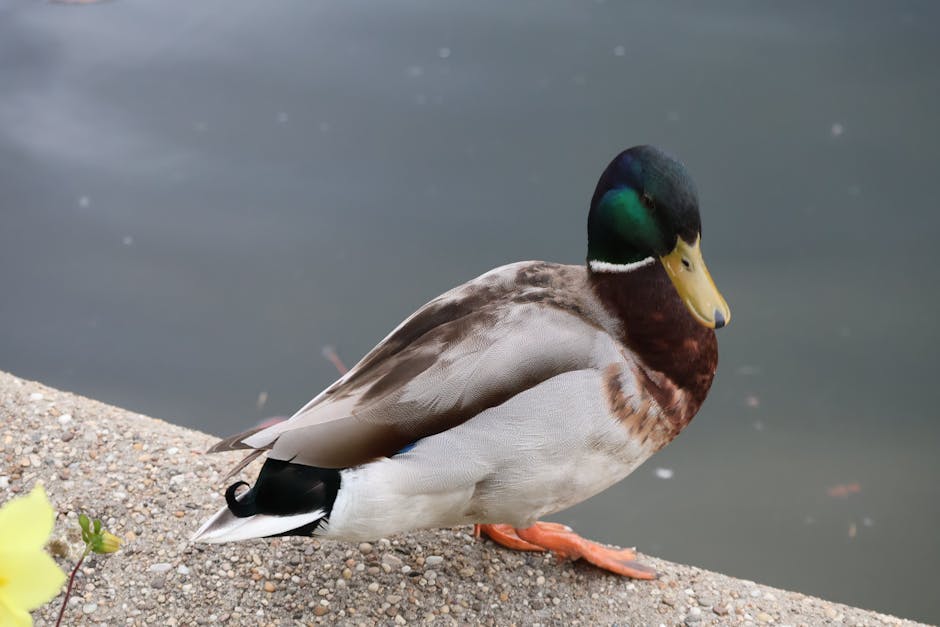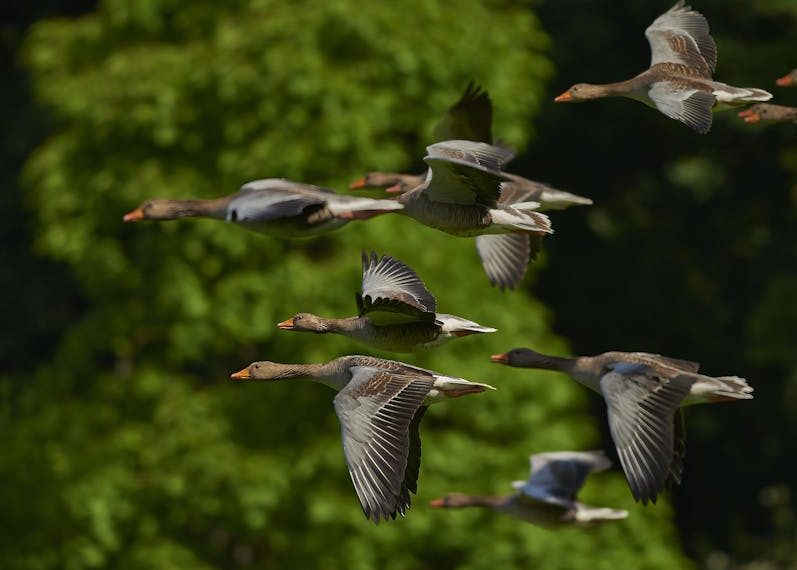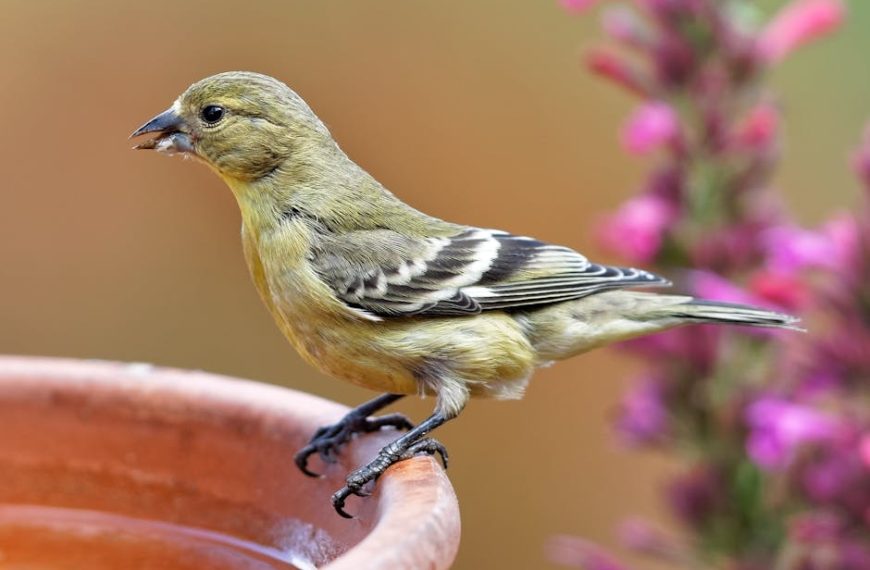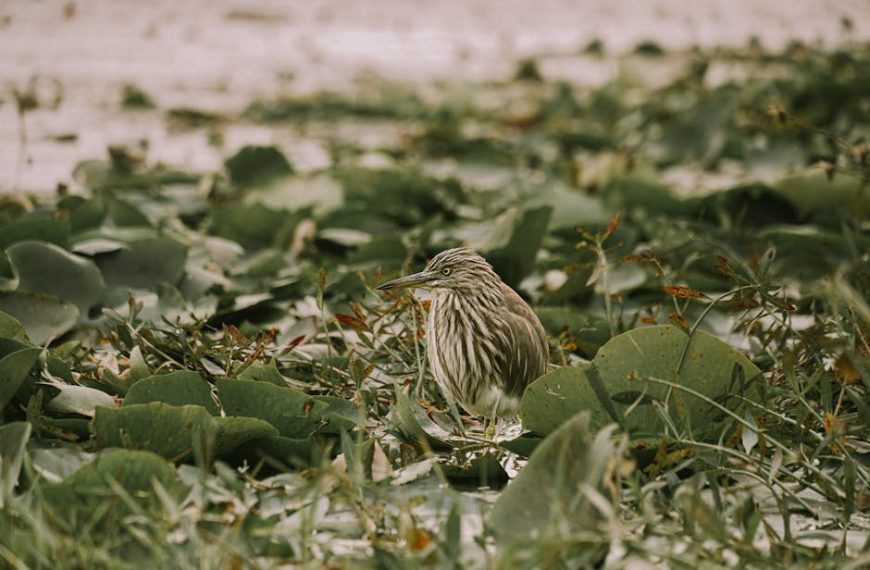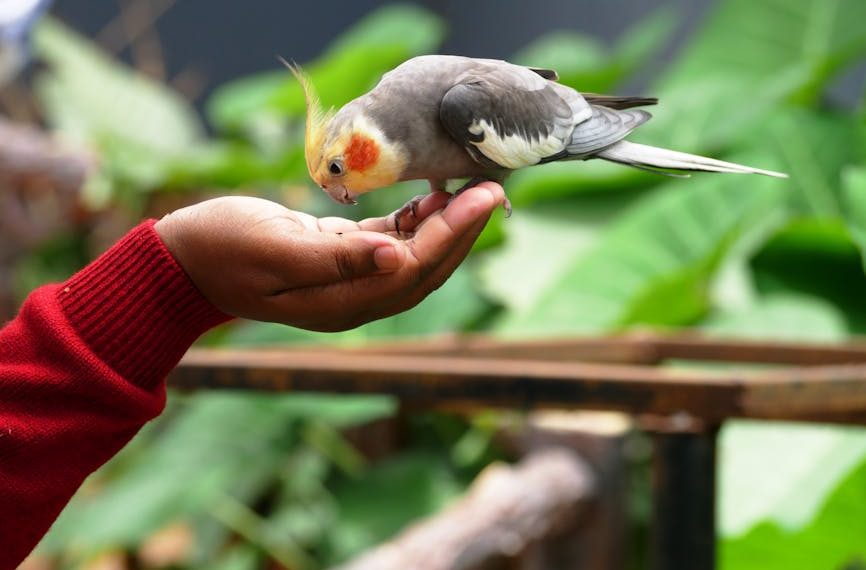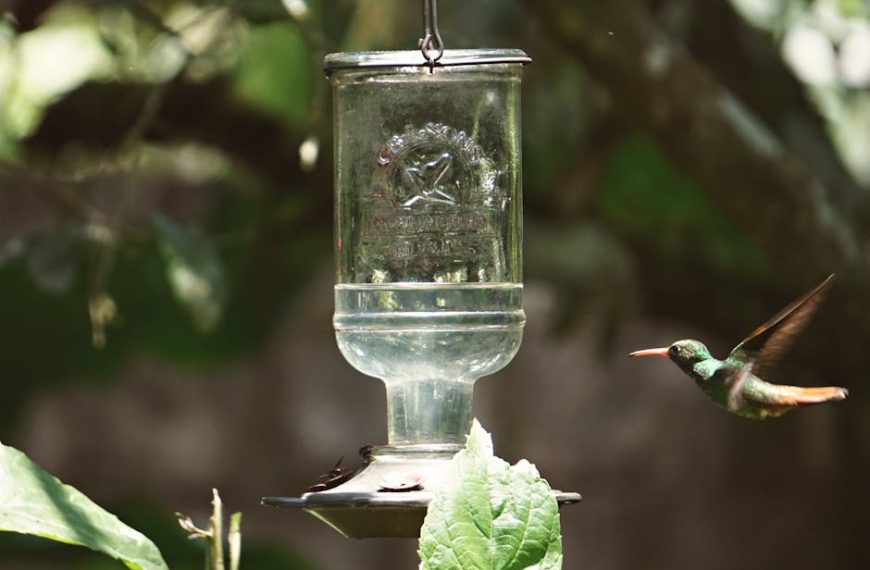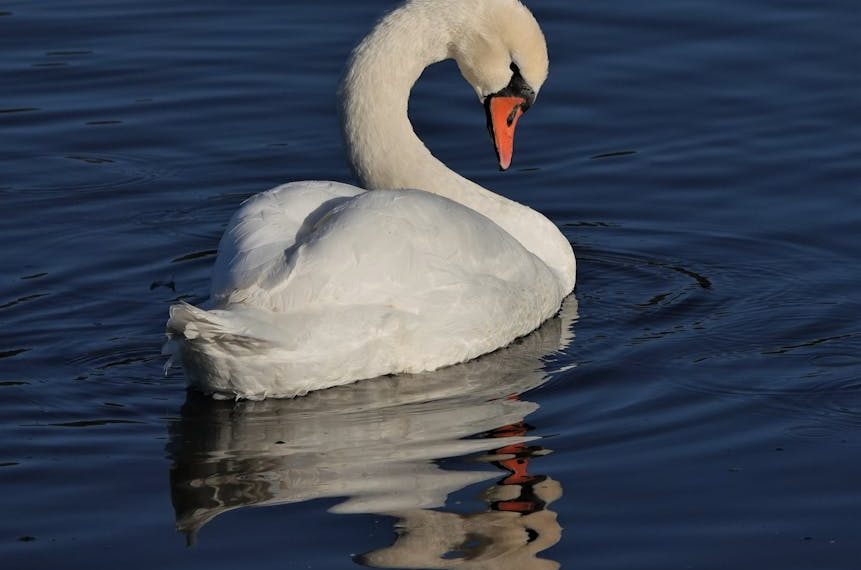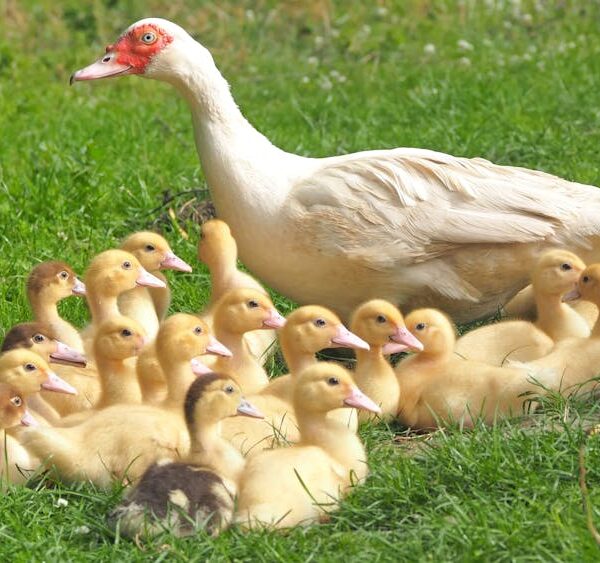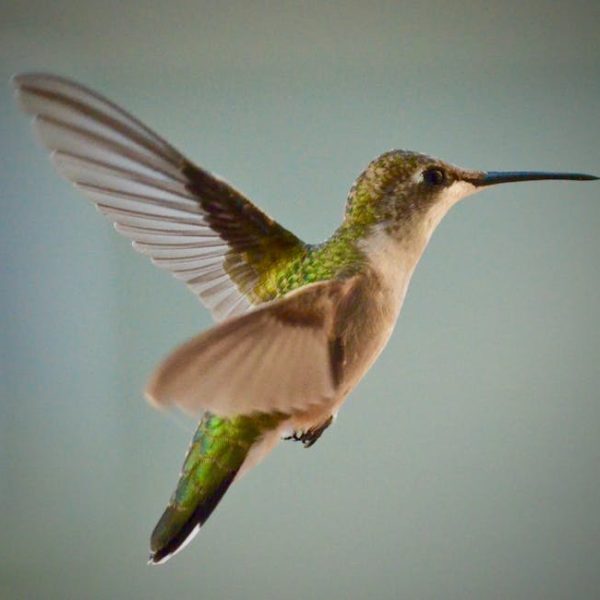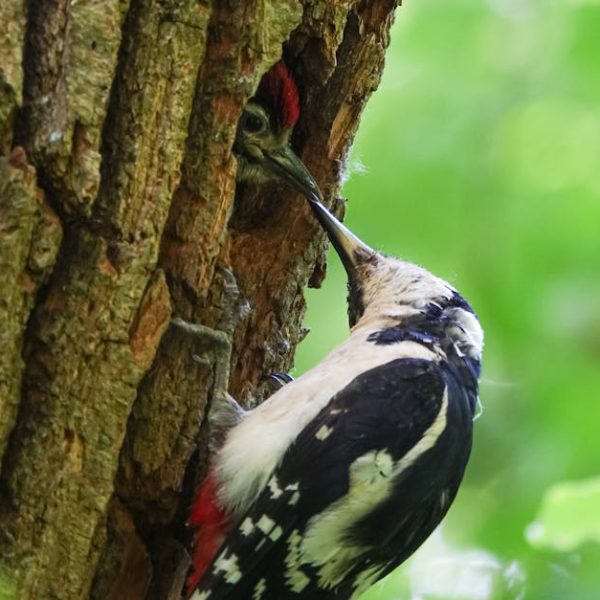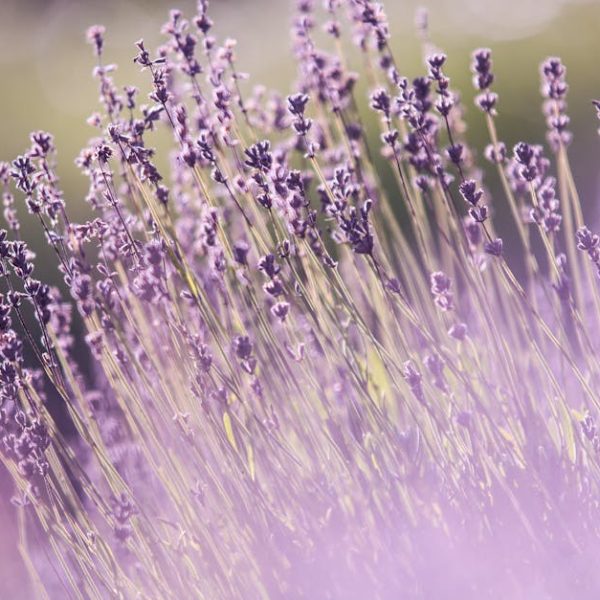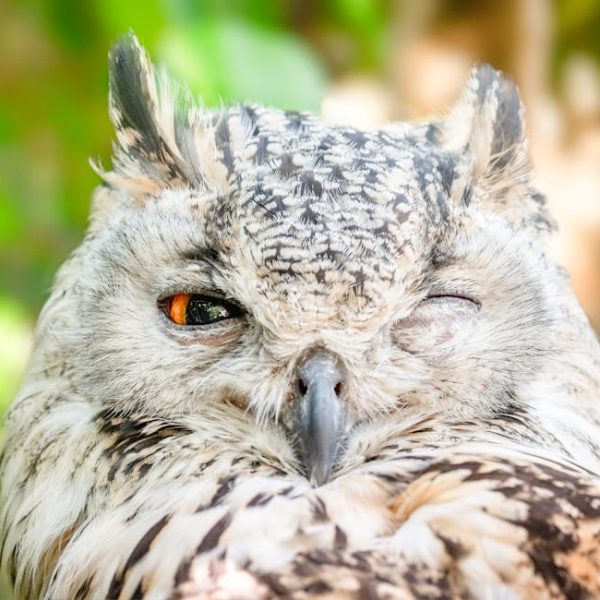There’s an inexplicable charm in being a bird owner, owing to their vibrant colors, endearing behaviors, and enchanting melodies. However, when your winged companion starts shedding feathers excessively, it becomes a cause for concern. This article will delve into the reasons behind feather loss, and provide insightful tips on how to combat the issue.
Natural Molting: A Common Cause of Feather Loss
Feathers, much like human hair and nails, have a natural growth cycle. Birds shed their old feathers to make way for new growth. This process, known as molting, usually follows a pattern and seasonality dependent on the bird species. However, if their feathers seem to be falling out in an unorganised manner, there’s a chance something’s amiss.
Identifying healthy molting can save you a lot of unwarranted stress. Signs of normal molting include symmetrical feather loss, a healthy appetite, and new feathers (pin feathers) emerging at the loss site.
Pro tip: During molting, ensure your bird’s diet is rich in protein to facilitate new feather growth.
Malnutrition: Relation with Feather Loss
Feather health is directly proportional to nutritional intake. Birds with a deficient or poor diet may exhibit dull feathers or excessive feather loss. Specifically, deficiencies in vitamins A, B, E, and minerals like zinc can detrimentally affect a bird’s plumage.
To ensure your bird gets a balanced diet:
- Provide varied fresh fruits and vegetables
- Include quality seeds and pellets
- Supplement diet with appropriate vitamins and minerals
- Ensure ample fresh, clean water
Best practices: Regularly consult with your vet to ascertain dietary adjustments based on their species, age, and overall health.
Parasitic Infestation: An External Cause of Feather Loss
External parasites, like mites and lice, can severely irritate a bird, leading to feather loss. The discomfort may cause the bird to pick at or over-preen their feathers, further exacerbating the issue.
Stay vigilant for these symptoms to identify a potential infestation:
- Feather loss, especially around eyes, beak, and vent
- Frequent scratching or pecking at their body
- Inflammation, scabs or mite dust in their cage
Pro tip: If you suspect a parasitic infestation, isolate your bird immediately, and seek vet support. Avoid over-the-counter medications, as they may not be bird safe.
This part of the article ends here, but we have more valuable information about this topic to be shared in the remaining segments. Don’t miss out on them for a comprehensive guide to keep your feathery friend healthy and plucky.
Stress or Boredom: Psychological Reasons Behind Feather Loss
Just like humans, birds too can exhibit physical signs of stress or boredom including self-plucking, where birds pluck or chew their own feathers. This can lead to patchy, weekend plumage.
Feather plucking generally occurs when a bird is stressed; an issue might be the enclosure being too small or a new pet being introduced to the household. Also, lack of stimuli can lead to boredom resulting in feather plucking. The good news is, once the stress factor is eliminated, their feathers should regrow healthy.
To avoid bird stress:
- Maintain a harmonious environment with no loud noise or sudden change
- Give the bird plenty of mental and physical exercise through toys and interaction
- Regularly change their diet, alternating fruits, vegetables, and seed types
Best practices: Avoid making sudden changes in their living conditions or routine, to negate stress factors.
Disease or Illness: Health-Related Causes of Feather Loss
Certain diseases, infections, or hormonal imbalances can cause a bird to lose feathers excessively. Diseases like Psittacine Beak and Feather Disease (PBFD) or avian flu can result in feather loss, apart from other symptoms. In these cases, only a qualified vet can provide correct diagnosis and treatment.
Treating bird diseases can be either through medication or natural methods, each having their pros and cons.
| Treatment Method | Pros | Cons |
|---|---|---|
| Medication | Effective and quick, professionally prescribed | Might have side effects, recurring medical costs |
| Natural methods | Gentle on bird, no side effects, could be cost effective | Slower results, finding an effective treatment could be hard, often requires lifestyle changes |
Pro tip: Don’t attempt to self-medicate your bird. If your pet bird displays concerning symptoms, promptly seek professional veterinary advice.
Understanding why your bird’s feathers are falling out can alleviate worries, help identify issues, and encourage swift action if needed. In conclusion, care for your bird’s health and feathers starts with a good diet, a calm environment, basic hygiene, regular check-ups and a lot of love. Happy bird parenting!
Key Takeaway:
- Bird feathers falling out could be due to natural molting, a common process where birds shed old feathers to make room for new ones.
- Poor nutrition can lead to feather loss, indicating the importance of a balanced diet in maintaining a bird’s feather health.
- External parasites, like lice or mites, can trigger feather loss in birds.
- Stress or boredom can lead to self-plucking, a behavioral problem that can contribute to feather loss.
- Diseases, hormonal imbalances, or infections can also lead to feather loss.
Feathers play a crucial role in a bird’s life, so it’s important to pay attention to any excessive feather loss or changes in their plumage. By knowing the potential causes, you can swiftly take appropriate action to keep your bird healthy and lively. Always remember, care starts with understanding.
FAQs
Q: What care should I take during my bird’s molting phase?
A: During molting, ensure that your bird has a diet rich in protein to facilitate new feather growth. Also, avoid causing any unnecessary stress which might disrupt the molt.
Q: How can I enrich my bird’s diet to prevent feather loss?
A: Ensure that your bird’s diet is balanced with varied fresh fruits, vegetables, quality seeds, pellets, and sufficient vitamins and minerals. Consult your vet for specific dietary advice based on your bird’s species and overall health.
Q: How should I handle a bird that may be infested with external parasites?
A: If external parasites are suspected, isolate your bird immediately and consult a vet for support. Do not use over-the-counter medications without professional advice as they may not be bird-safe.
Q: How can I prevent my bird from self-plucking due to stress or boredom?
A: To prevent stress-induced self-plucking, maintain a quiet and stable environment, provide adequate mental and physical stimulation, and avoid sudden changes in your bird’s routine.
Q: My bird is losing feathers due to an illness. Should I opt for medication or natural treatment methods?
A: Diseases or illness in birds should be diagnosed and treated by a professional vet. They can guide you whether to opt for medications or natural treatment methods, weighing the pros and cons for your bird’s specific case.
Keep exploring for more useful insights into caring for your feathered friend. Remember to share this post with other bird-loving friends to help them understand the common causes of feather loss in birds.
